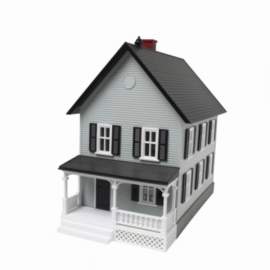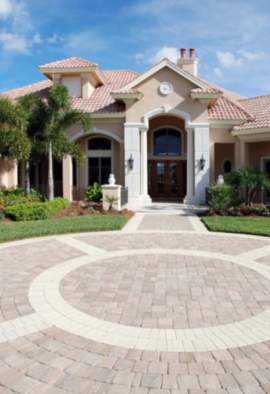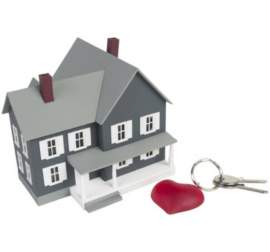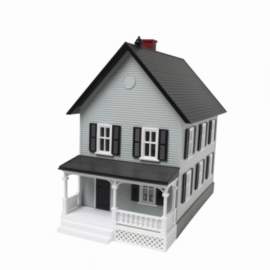
Understanding Loan Against Property

A loan against property is a form of secured loan. A secured loan is a loan which is supported or secured by the addition of some amount of collateral into the loan. The idea behind secured loans like a loan against property is that if the borrower defaults on the loan, then the collateral property involved in the loan would be available to the creditor for seizure to pay off the loan.
A loan against property and other forms of secured loan might sometimes assist an individual in obtaining a loan where otherwise he or she might have been unable to obtain a loan, as the lender would have assurance of some form of payment, regardless of whether or not the borrower actually made a direct payment to the lender.
A loan against property specifically involves a loan against the title of a real estate property, such that if the borrower defaults on the loan, the lender will be able to seize the property and thus all, or at least a significant number, of property rights of the property.
A loan against property might be made against a rented property, a house, or even an empty piece of land owned by the borrower. A loan against property will also often involve interest rates, meaning that the borrower will have to pay interest on the loan or else the lender will have the right to seize the collateral property involved in the loan.
NEXT: What is a Mechanic Lien





















